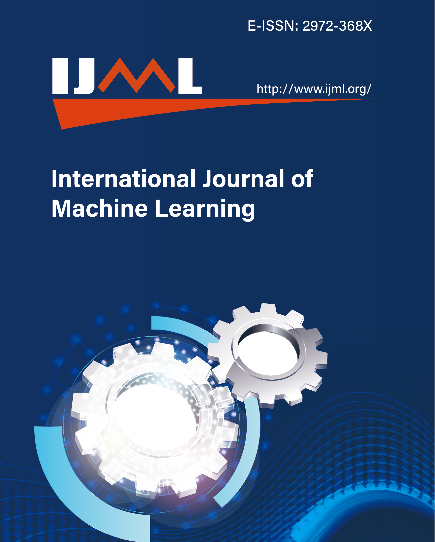About IJML
Former Title: International Journal of Machine Learning and Computing (ISSN: 2010-3700)International Journal of Machine Learning (IJML) is an international academic open access journal which gains a foothold in Singapore, Asia and opens to the world. It aims to promote the integration of machine learning. The focus is to publish papers on state-of-the-art machine learning. Submitted papers will be reviewed by technical committees of the Journal and Association. The audience includes researchers, managers and operators for machine learning and computing as well as designers and developers.
All submitted articles should report original, previously unpublished research results, experimental or theoretical, and will be peer-reviewed. Articles submitted to the journal should meet these criteria and must not be under consideration for publication elsewhere. Manuscripts should follow the style of the journal and are subject to both review and editing.



